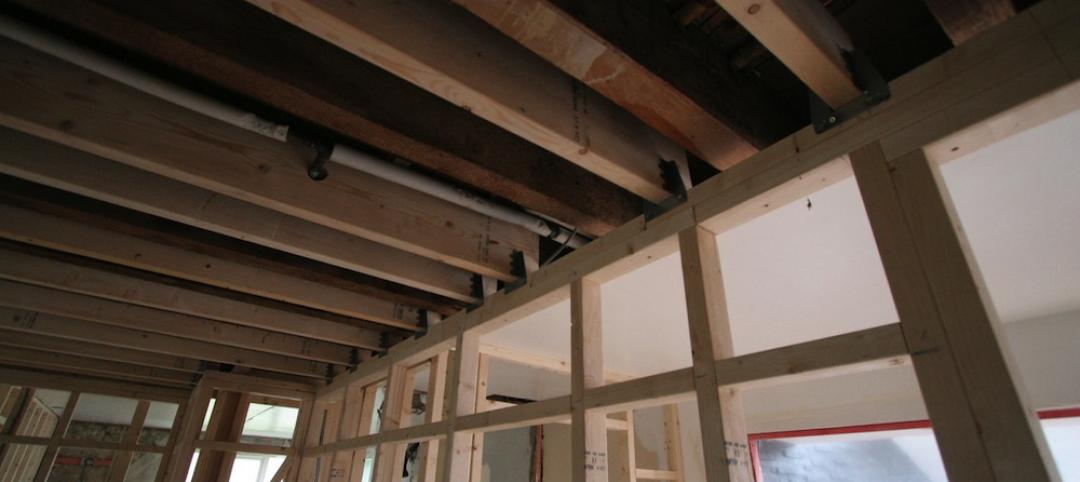Cities around the world need $375 billion in green investment to avoid catastrophic global climate change, the C40 Cities Climate Leadership Group says.
According to a report by Arup on behalf of the C40 group, without serious action before 2020, the world will have locked in future emissions to the point where global temperatures will surpass the 2 degrees Celsius mark—the upper safe limit in the Paris Climate Agreement. The report says that megacities need to reduce their average emissions from more than five tons of carbon per capita today to around 2.9 tons over the next decade.
The report provides guidelines for global cities to take 14,000 climate actions over the next four years in transportation, efficiency, energy production, and waste management in order to reduce emissions. If C40 cities and their partners take on the recommended actions, the report says they can deliver 51% of the carbon reductions necessary to ensure cities are on course with Paris Agreement objectives. The remaining 49% of emission reductions would need to come from external structural changes such as de-carbonizing national energy supplies.
Established 11 years ago, the C40 Cities Climate Leadership Group includes more than 85 world cities, representing more than 650 million people and one-quarter of the global economy.
Related Stories
School Construction | Mar 28, 2016
National report on school buildings reports $46 billion annual funding shortfall
Millions of students said to be learning in obsolete facilities.
Codes and Standards | Mar 25, 2016
ASHRAE grants fund human thermal comfort database project
Aim is to help better understand thermal comfort in residential and commercial buildings.
Codes and Standards | Mar 25, 2016
OSHA finalizes new silica dust regulations
Construction industry has until June 2017 to comply.
Wood | Mar 23, 2016
APA updates Engineered Wood Construction Guide
Provides recommendations on engineered wood construction systems.
Codes and Standards | Mar 23, 2016
Affordable housing advocates differ on micro-apartment policy
New York’s luxury micro units could be first step to developing affordable units.
Codes and Standards | Mar 21, 2016
GRESB launches Health and Well-being Module for real estate industry
Optional supplement to environmental, social, and governance assessment.
Codes and Standards | Mar 4, 2016
U.S. Supreme Court lets San Jose affordable housing law stand
Law attempts to alleviate Silicon Valley’s high housing costs.
Codes and Standards | Mar 2, 2016
WELL standard offers multiple benefits for owners, says real estate executive
Could be a recruiting tool for occupant companies.
Cultural Facilities | Mar 1, 2016
China bans ‘weird’ public architecture, gated communities
Directs designers of public buildings to focus on functionality.
Energy Efficiency | Feb 23, 2016
Economists, energy efficiency practitioners need to work together for better cost/benefit studies
Flawed energy efficiency research yields misleading, confusing results.

















